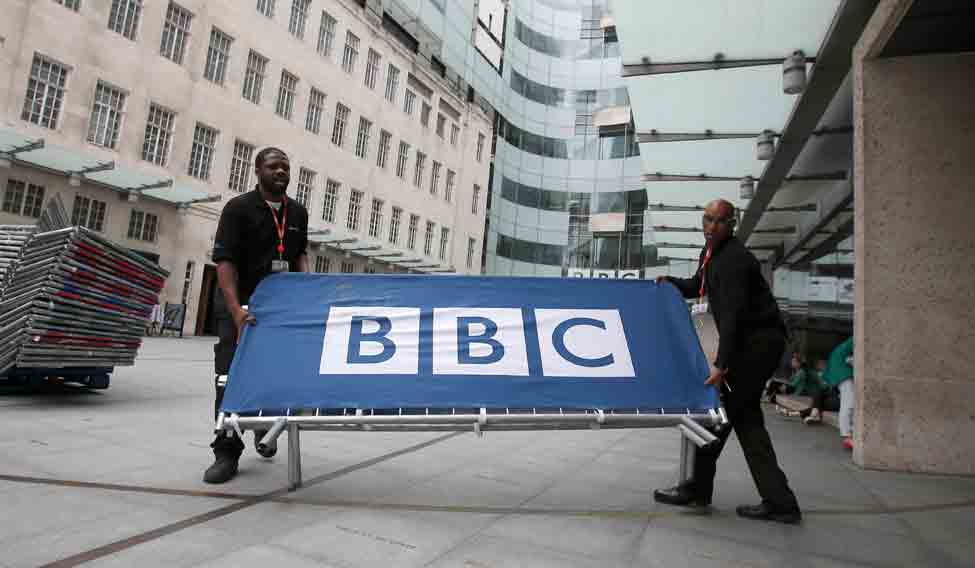Britain on Thursday announced a major overhaul of public service broadcaster BBC to keep it "at the very heart of British life" amid fears that the government was threatening the independence of the 94-year-old institution.
The changes unveiled in a new white paper presented in the House of Commons by UK Culture Secretary John Whittingdale include plans to trial a subscription-base model over the years as well as have more differentiated programming aimed at specific audiences, including ethnic minorities.
The minister told MPs that the government is "emphatically not saying the British Broadcasting Corporation should not be popular" but would introduce a new requirement to provide "distinctive content" rather than just pursue ratings.
"The BBC is and must always remain at the very heart of British life. We want the BBC to thrive, to make fantastic programmes for audiences and to act as an engine for growth and creativity," said Whittingdale.
"Our reforms give the BBC much greater independence from government in editorial matters, in its governance, in setting budgets and through a longer charter period.
"These reforms will assist the BBC to fulfil its own stated desire to become more distinctive."
"The BBC will operate in a more robust and more clearly defined governance and regulatory framework and it will be more transparent and accountable to the public it serves, who rely on the BBC to be the very best it can possibly be, so it can inform, educate and entertain for many years to come," he said.
The white paper was released as the BBC's charter comes up for renewal in December 2016, a process which has proved controversial with some fearful that the government would attempt to influence the running of the BBC.
"We will place a requirement to provide distinctive programmes and services at the heart of the BBC's core mission. Commissioning editors should ask consistently of new programming: 'Is this idea sufficiently innovative and high quality?' rather than simply 'How will it do in the ratings?'," Whittingdale said.
Some of the new measures include a new mission statement for the BBC: "To act in the public interest, serving all audiences with impartial, high-quality, and distinctive media content and services that inform, educate and entertain."
Going forward, a new unitary board will govern the corporation, replacing the current BBC Trust. The BBC will have the ability to appoint the majority of its board, independent of government, and editorial decisions will be explicitly the responsibility of the director-general.
However, BBC director-general Tony Hall said: "We have an honest disagreement with the government on this. I do not believe that the appointments proposals for the new unitary board are yet right. We will continue to make the case to government. It is vital for the future of the BBC that its independence is fully preserved."





